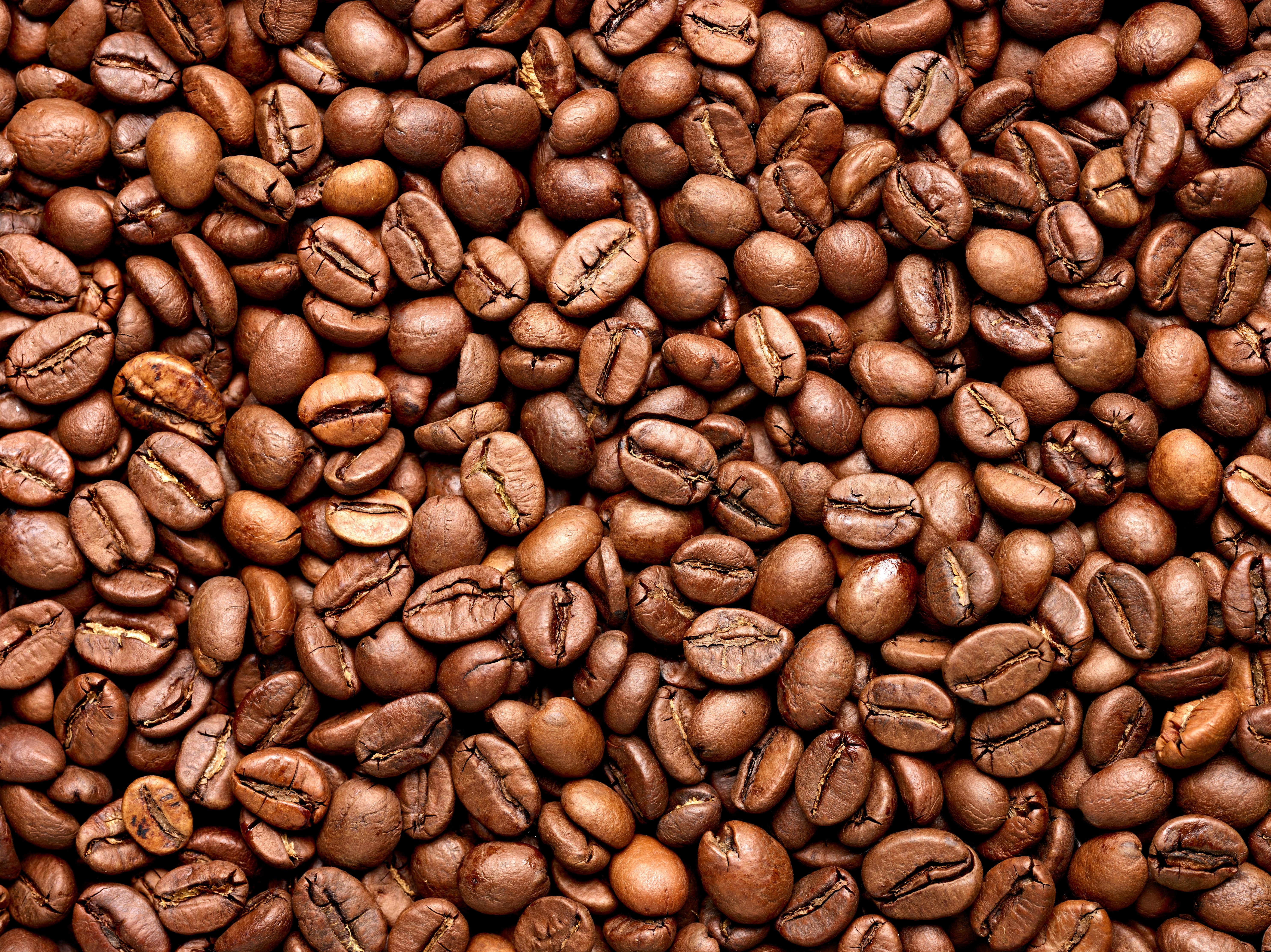Pressure Points: Foods Secretly Spiking Your Blood Pressure
3. The Caffeine Conundrum

Caffeine, a staple in many people's daily routine, can have a complex relationship with blood pressure. While moderate caffeine consumption is generally considered safe for most people, excessive intake can lead to temporary spikes in blood pressure. For individuals sensitive to caffeine or those with existing hypertension, these spikes can be more pronounced. It's important to monitor your body's response to caffeine and adjust your intake accordingly. Switching to decaffeinated beverages, reducing the number of caffeinated drinks consumed daily, and avoiding caffeine close to bedtime can help mitigate its impact on blood pressure. Understanding your personal tolerance and making informed choices can aid in managing potential risks associated with caffeine consumption.
4. Alcohol: Balancing Benefits and Risks

The relationship between alcohol and blood pressure is a double-edged sword. While moderate alcohol consumption has been associated with certain cardiovascular benefits, excessive drinking can lead to a significant increase in blood pressure. Alcohol can interfere with the effectiveness of blood pressure medications and contribute to weight gain, further exacerbating hypertension. It's vital to adhere to recommended guidelines, which suggest moderate consumption—up to one drink per day for women and two for men. Choosing heart-healthy options like red wine, which contains beneficial antioxidants, and ensuring alcohol intake remains within safe limits can help balance the potential benefits and risks.
